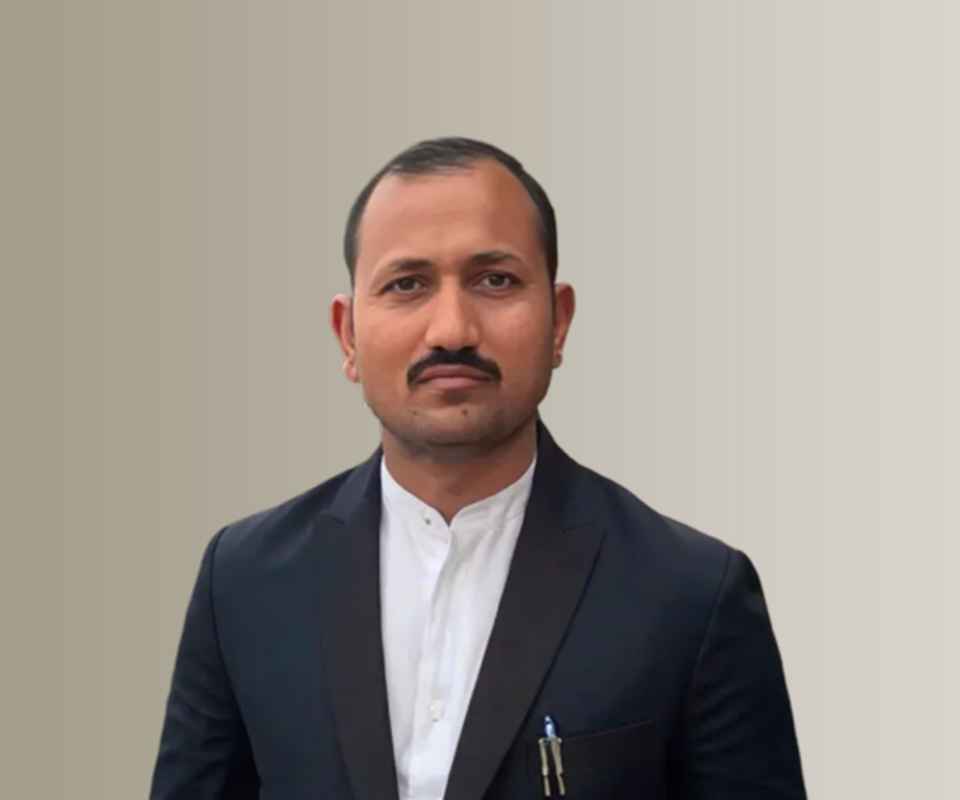Answer By law4u team
Religious beliefs are constitutionally protected rights for individuals, including parents. However, when a parent’s religious beliefs lead to the refusal or delay of medically necessary care for a child, courts and child welfare authorities intervene to protect the child’s health and life. The welfare and safety of the child are paramount, and this can override parental religious rights in legal decisions concerning custody and medical treatment.
Detailed Explanation on Losing Custody for Denying Medical Care Due to Religious Beliefs
1. Child’s Right to Health and Safety is Paramount
The primary concern of courts is the child’s health, safety, and overall welfare.
Denial or delay of essential medical treatment can lead to serious harm or death, which courts view as neglect or abuse.
Courts uphold the child’s fundamental right to life and health, superseding parental religious objections.
2. Parental Rights and Religious Freedom Have Legal Limits
While parents generally have the right to guide their child’s upbringing, including religious education and practices, this right is not absolute.
When religious beliefs result in withholding lifesaving or critical medical care, courts intervene under child protection laws.
Religious freedom does not extend to decisions that pose significant risks to the child’s life or well-being.
3. Intervention by Courts and Child Welfare Authorities
Courts can order medical treatment despite parental refusal, especially in emergencies or life-threatening situations.
Child welfare agencies may investigate reports of medical neglect related to religious refusal and petition the court for protective orders.
Temporary or permanent custody modifications may be made to ensure the child receives necessary treatment.
4. Legal Precedents and Statutes
Various legal precedents worldwide recognize the child’s right to medical care overrides parental religious objections.
In India, under the Juvenile Justice (Care and Protection of Children) Act and other child protection laws, courts can intervene to safeguard child welfare.
Family courts regularly apply the best interest of the child standard to rule in favor of necessary medical care.
5. Balancing Religious Freedom with Child Welfare
Courts seek to respect religious beliefs without compromising child safety.
Alternative medical treatments consistent with religious beliefs may be considered if they do not endanger the child.
However, if alternatives are ineffective or unavailable, courts prioritize the child’s survival and health.
6. Custody Consequences
Refusal of medical care due to religious beliefs can be considered neglect or abuse, grounds for modifying or terminating custody rights.
Courts may transfer custody to the other parent, a guardian, or state custody to protect the child’s health.
In some cases, supervised visitation or restrictions may be imposed on the parent denying care.
7. Role of Medical Experts and Evidence
Courts rely heavily on expert medical opinions to determine the necessity of treatment and risks of refusal.
Documentation of medical neglect is critical in custody modification proceedings.
Example
A parent refuses to consent to chemotherapy for their child diagnosed with cancer, citing religious objections.
Process:
Medical experts provide evidence showing that chemotherapy is essential for the child’s survival.
Child protection services investigate the case to assess risk.
The court holds hearings to evaluate the medical evidence and parental objections.
The court orders the treatment to proceed despite the parent’s refusal, citing the child’s best interest.
Custody is modified, potentially granting temporary or permanent custody to the other parent or guardian who consents to medical care.
The parent’s religious beliefs are respected but do not justify risking the child’s life.







